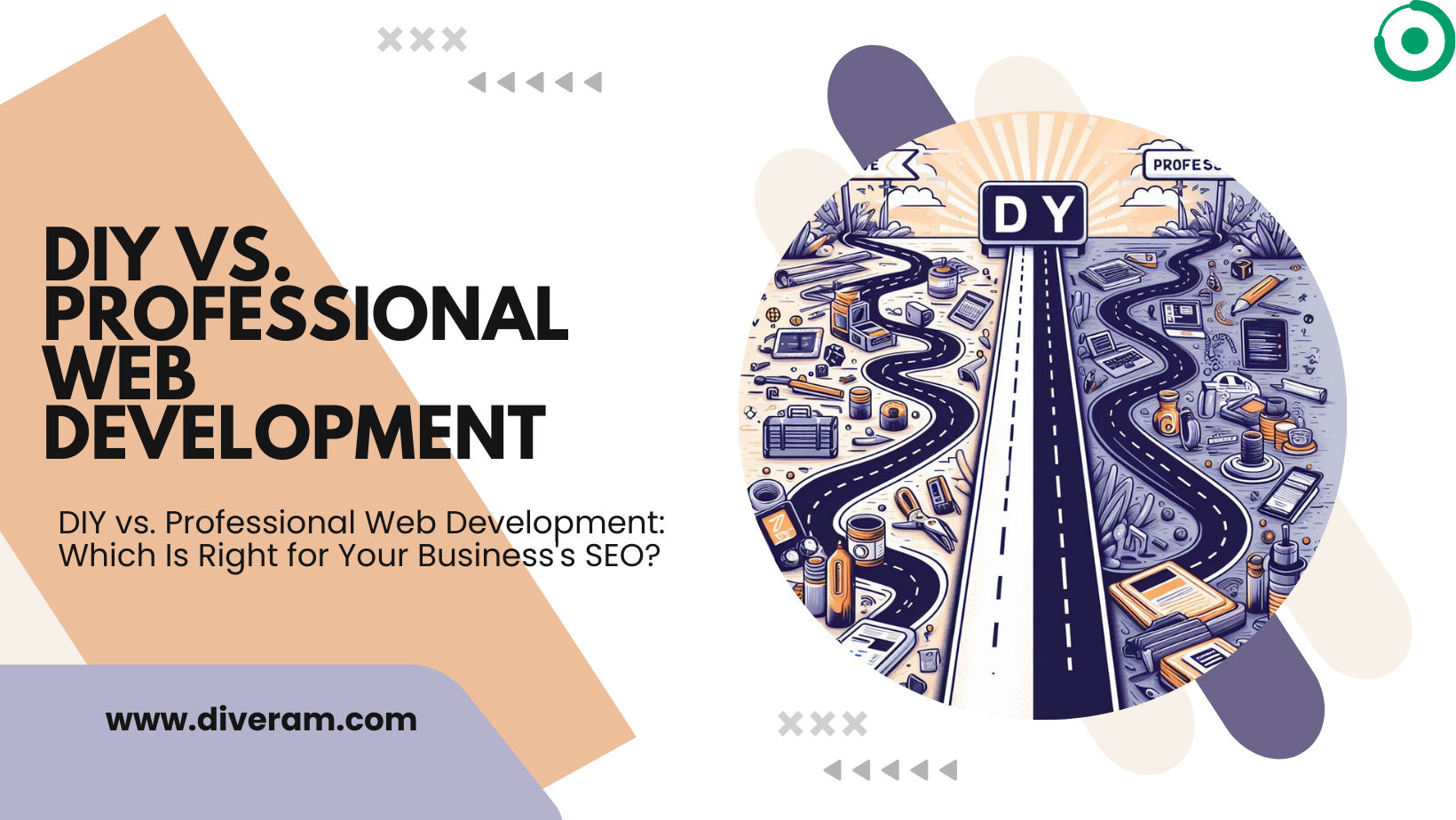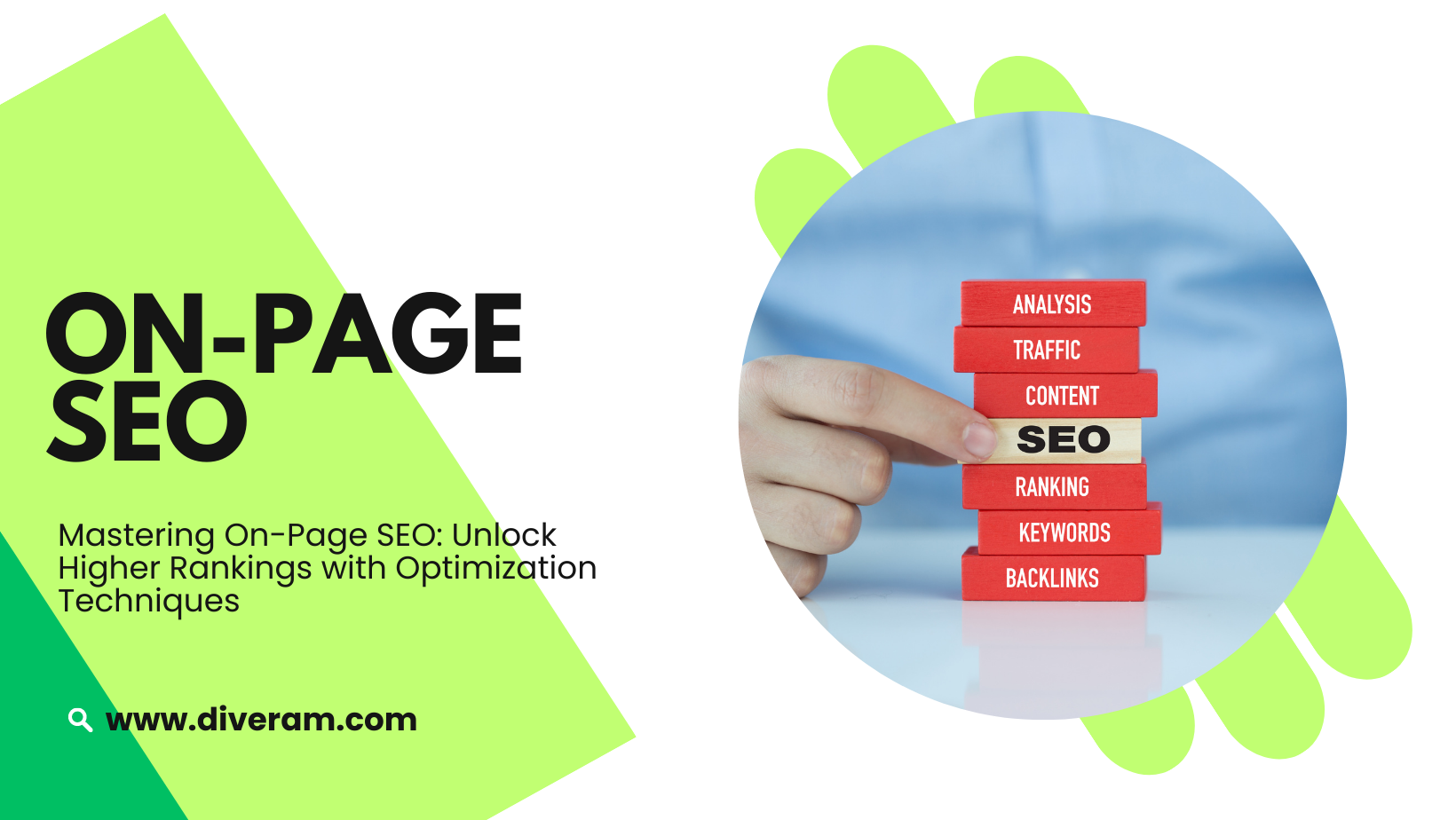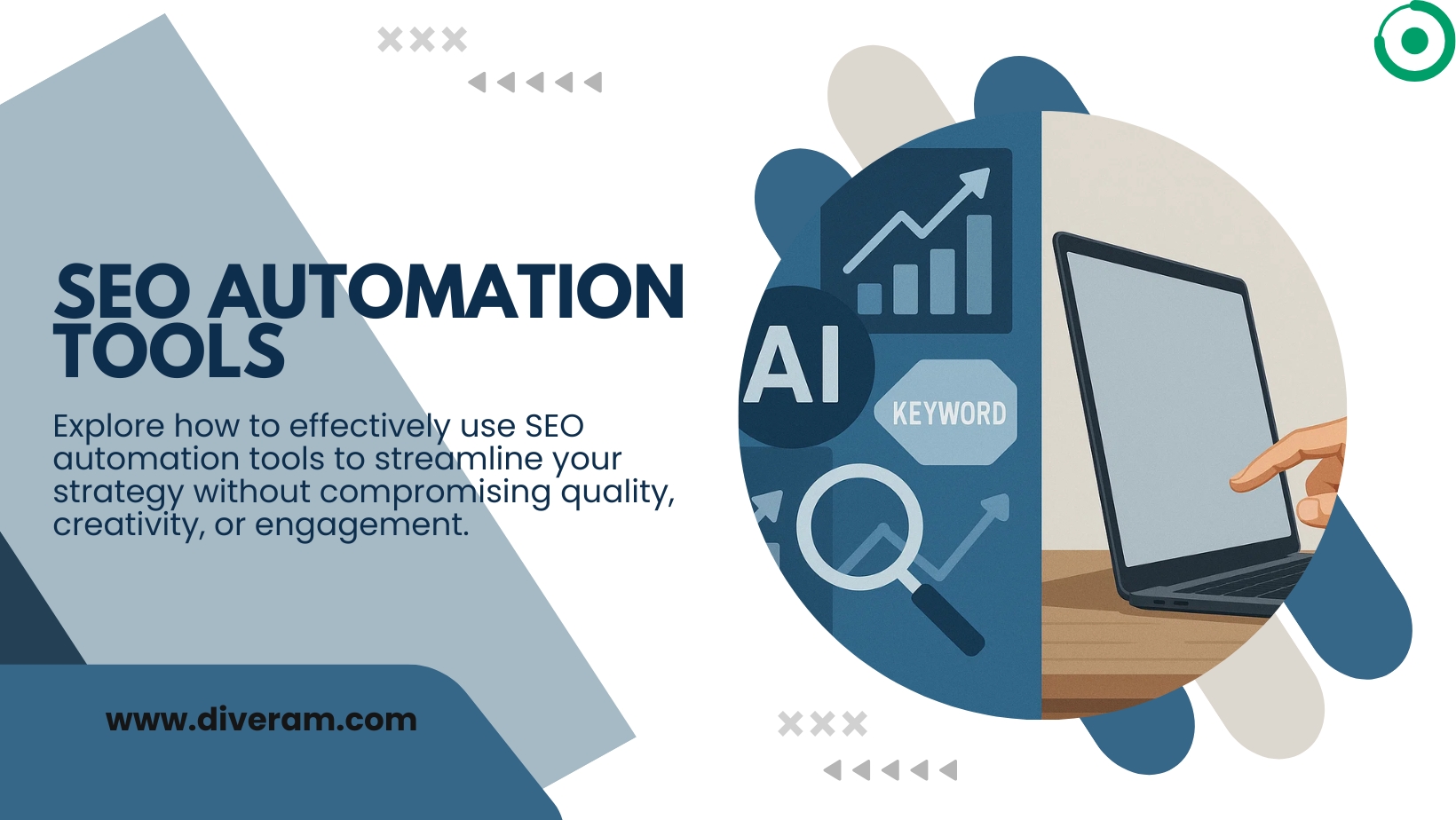Professional Web Development vs DIY: Which Is Right?

Introduction:
In the dynamic world of online business, where first impressions are made in the digital realm, the significance of a well-developed website cannot be overstated. Your website is the virtual storefront, and its construction plays a pivotal role in determining your visibility on search engines. As we embark on the journey of understanding the age-old dilemma between DIY (Do It Yourself) and Professional Web Development, we find ourselves at the crossroads of choice, seeking answers to a fundamental question: Which path is right for your business’s SEO?
This blog aims to unravel the intricacies of DIY vs. Professional Web Development, shedding light on the critical factors that should guide your decision-making process. In a landscape saturated with website builders and templates, the allure of the DIY approach lies in its apparent cost-effectiveness and creative control. However, as we delve deeper into the nuances of search engine optimization (SEO), the limitations and potential pitfalls of the DIY route become evident.
The DIY Approach to Web Development:
Advantages of DIY:
- Cost-effectiveness: One of the main draws of the DIY approach is cost savings. With various website builders and templates available, creating a basic site can be budget-friendly.
- Control over the design and development process: DIY allows you to have complete control over your website’s look and feel. You can experiment with different layouts and features according to your preferences.
Disadvantages of DIY:
- Lack of expertise and experience: While DIY is cost-effective, it often lacks the expertise needed for effective SEO. In-depth knowledge of SEO best practices may be absent, leading to potential issues in optimization.
- Potential negative impact on SEO: DIY websites may suffer from poor SEO practices, such as non-optimized images, improper URL structures, and slow loading speeds, negatively affecting search engine rankings.
Professional Web Development: Why Invest?
Importance of a professional-looking and functioning website for SEO: Search engines prioritize user experience, and a professionally developed website contributes significantly to a positive user experience.
Expertise and experience in SEO-friendly development: Professional web developers are well-versed in SEO best practices, ensuring that your website is structured and coded to meet search engine standards.
Customization options tailored to SEO needs: A professional developer can implement customized features, such as optimized navigation, sitemaps, and structured data, to enhance your website’s SEO performance.
Importance of responsive design for mobile optimization: With the majority of internet users accessing websites on mobile devices, responsive design is crucial. Search engines prioritize mobile-friendly sites in their rankings.
Page loading speed and its impact on SEO: Slow-loading websites can lead to higher bounce rates and lower search engine rankings. Professional developers optimize page speed, contributing to improved SEO performance.
SEO-friendly URL structures: Clean and descriptive URLs contribute to better search engine visibility. Professional developers ensure that your URLs are structured for both users and search engines.
Proper implementation of meta tags and descriptions: Meta tags and descriptions play a key role in search engine indexing. Professionals optimize these elements for relevance and keywords.
Schema markup for enhanced search engine visibility: Schema markup provides additional context to search engines. Professional developers incorporate schema markup to enhance your website’s visibility in search engine results.
Cost Analysis: DIY vs. Professional Web Development:
Breakdown of costs associated with DIY approach:
- Tools and platforms: While DIY tools may seem cost-effective, add-ons and premium features can accumulate expenses.
- Potential hidden costs and time investment: DIY often requires a significant time investment, which could be spent on other business activities.
Comparison with the cost of hiring a professional web developer:
- While professional web development may have higher upfront costs, it often proves to be a more cost-effective long-term solution.
- The expertise provided by professionals can lead to a quicker and more effective website launch.
Long-term benefits of professional web development for SEO:
- Professional websites tend to have better SEO performance, leading to increased organic traffic and potential business growth.
- Long-term cost savings result from avoiding potential issues and constant updates associated with DIY solutions.
Conclusion:
In conclusion, the decision between DIY and Professional Web Development hinges on your business’s priorities and resources. While DIY may seem attractive for its initial cost savings, the potential negative impact on SEO can be detrimental in the long run. Investing in professional web development not only ensures a visually appealing website but also guarantees adherence to SEO best practices, ultimately benefiting your online presence.
For businesses looking to maximize their online presence through professional web development, consider partnering with Diveram. Our experienced team specializes in creating SEO-friendly websites that elevate your brand’s visibility. Contact us today to discuss how we can tailor a web development solution to meet your specific business needs.




